One of the most powerful ways we can foster meaningful change in our relationships, outside of individual or couples therapy, is by making our efforts visible to the people we're in relationship with.
This doesn’t mean over-explaining ourselves or asking for praise every time we try something new. It means allowing others to see our process of growth in real time. It means being honest about what we're working on, especially when we're trying to change long-standing patterns like defensiveness, withdrawal, or reactivity.
In the real world, change is messy. It’s vulnerable. And it often feels risky. Especially when we’re trying out new communication skills or emotional responses we haven’t quite mastered yet. But I believe there's something deeply healing and connective about naming our effort aloud.
For example:
“I notice I’m really wanting to shut down right now because I feel overwhelmed, but I’m going to stay present and hear what you’re saying.”
Or:
“This is a moment when I’d usually get defensive, but I’m working on responding differently. So I’m going to pause before I speak.”
When we say things like this, we invite the other person into our process. We’re not pretending we’ve magically transformed; we’re showing that we’re trying. That we're working on doing things differently, not perfectly, but intentionally.
Why does this matter?
Because too often, I see people make real, sincere efforts to change, but their partner or loved one can’t see it. Maybe it’s too subtle. Maybe it’s not trusted yet. Or maybe the change feels confusing, like “Why is she acting differently all of a sudden?” or “Is he being fake?”
When we make our growth transparent, we remove some of that confusion. We slow things down. We give people a chance to recognize and appreciate the effort we’re making. And often, we help build empathy in the process.
It also models accountability in the healthiest way, not as shame, but as ownership. You’re saying: “This is a pattern I’m working on, and I want you to know I’m practicing something different here.”
That kind of honesty creates space for mutual care. The other person might not always respond with grace, but they’re more likely to trust your intentions and be affected by your openness.
Try Saying Things Like This…
Here are a few more examples of simple, transparent language you can use when you're practicing change in real time:
If you're working on not being defensive:
- “I can feel myself wanting to defend what I did, but I know you’re upset, and I want to understand that first.”
- “Normally I’d argue back right now, but I’m going to try listening instead.”
If you're working on staying emotionally present:
- “This is the part where I usually shut down. I’m trying to stay with you even though this feels hard.”
- “I’m feeling overwhelmed, but I don’t want to disappear. Let me take a breath and stay with this.”
If you're working on being less controlling or more collaborative:
- “My instinct is to tell you what I think we should do, but I want to hear your take before I jump in.”
- “I realize I’ve been trying to push for my way—I’m working on being more open to what you need.”
If you're working on apologizing or taking responsibility:
- “I’ve been thinking about what you said the other day. You were right. I didn’t handle that well, and I want to own that.”
- “I can see how my reaction hurt you. That’s not how I want to show up, and I’m working on it.”
Moments like these, where we speak transparently about the work we’re doing, can shift the entire dynamic of a conversation. They soften defenses. They open the door to trust. And they remind both people that growth isn’t about being perfect. It’s about being brave enough to show up differently.
If you’re working on changing a relational habit, just say so. Not constantly. Not to earn praise. But because honesty builds connection, and connection makes change sustainable.
Change becomes more possible when it is seen, named, and received.
And sometimes, all it takes is a simple sentence like:
“I’m trying something different right now. I hope you can see that.”











